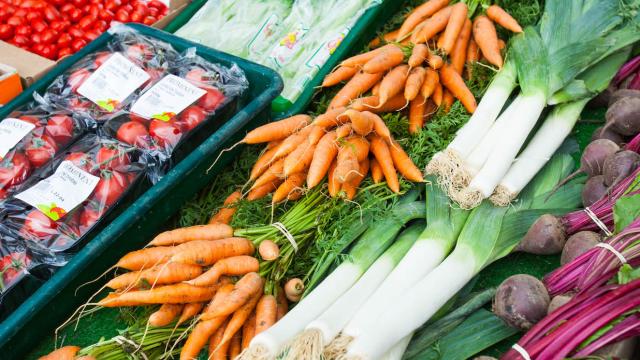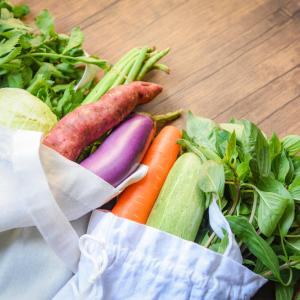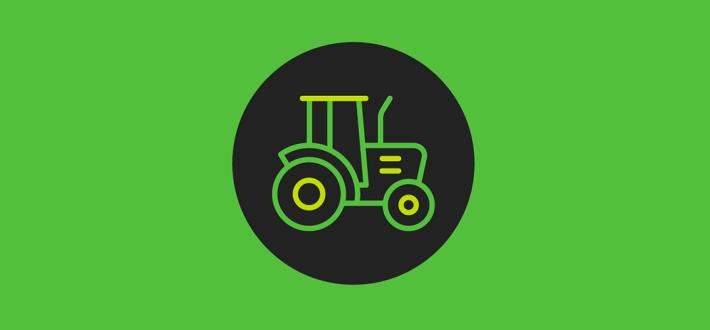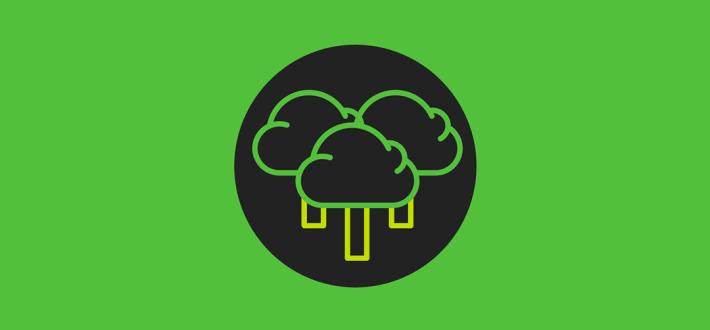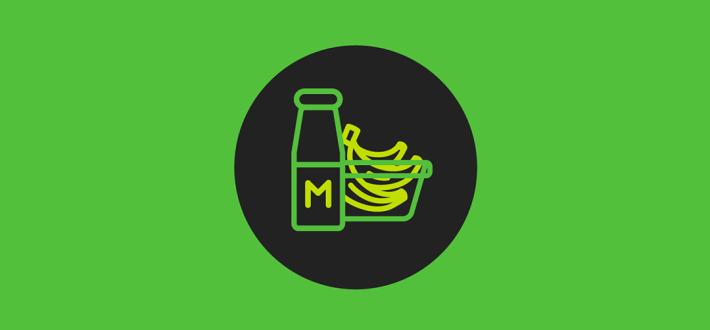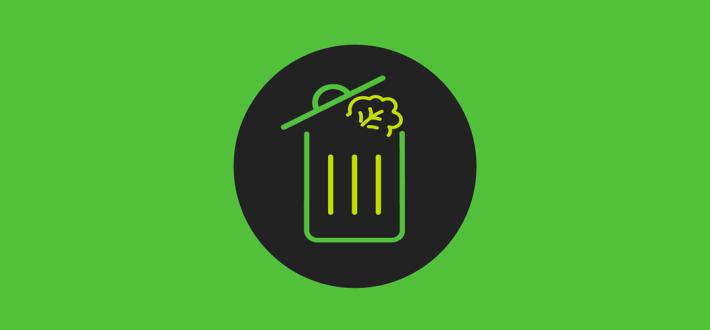
What we eat has the power to reduce our impact on climate and nature.
The health of the planet is intimately connected with our own. We must dramatically reduce our greenhouse gas emissions and our impact on the natural world – and adopting healthy, sustainable diets, alongside improving the way we produce food and reducing food loss and waste, is needed to achieve this.
Consumption patterns in high-income countries, like the UK, are associated with the highest diet-related environmental impacts, primarily due to the overconsumption of animal-based protein foods. The livestock industry alone generates nearly 15% of all human-made greenhouse gas emissions while precious habitats, like the Brazilian Amazon and Cerrado, are being cleared to graze livestock and grow feed crops like soy.
Animal-based protein foods, such as meat and dairy, can be part of a healthy and sustainable diet, however, it's important to rebalance and diversify protein food consumption given their significant environmental impacts.
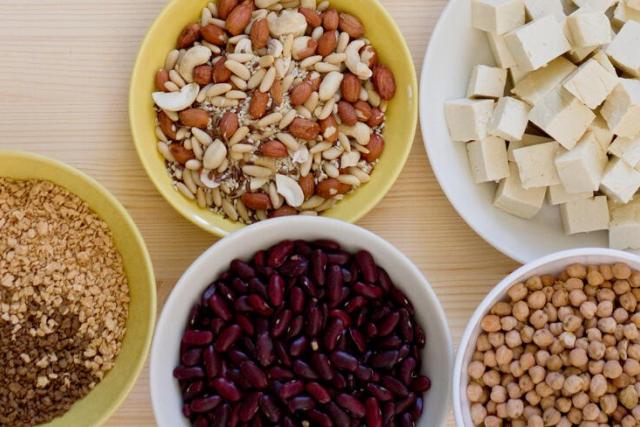
WWF Basket - Key Metrics on Diets
To deliver for climate and nature in the UK, there needs to be a shift towards healthy, sustainable diets aligned with the Livewell diet. The WWF Livewell diet, encourages a flexible diet that includes a wide variety of foods. It is rich in plants, including fruit, vegetables, pulses, and wholegrains; contains moderate amounts of meat, dairy and eggs, and sustainably sourced lower footprint seafood; and minimal amounts of products high in fat, salt and sugar. Compared to the current average diet, it would help to deliver 36% reduction in emissions and a 20% reduction in biodiversity loss, while meeting current government nutrition and dietary guidelines.
The WWF Basket outcome for diets is for retailers to achieve a shift in food sales that promote balanced plant rich diets, including increasing the proportion of plant-based protein foods, which typically have a much lower environmental footprint.
For the WWF Basket, retailers are asked to share data on: the percentage of protein food sales from livestock-based, seafood-based and plant-based sources; the percentage of wider food sales across the Eatwell food groups; and the percentage of composite products that are vegetarian, vegan, livestock and seafood derived.
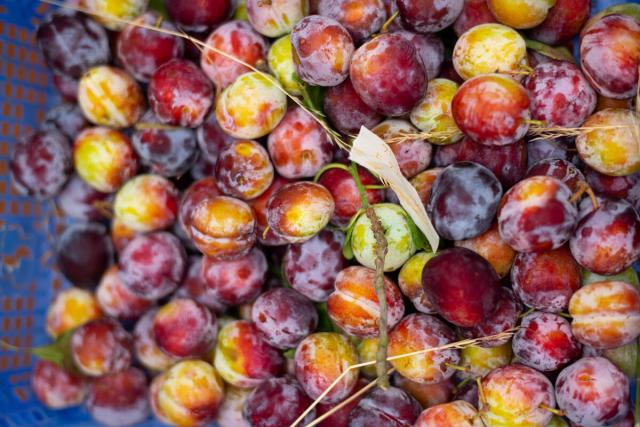
Find out more
You can find out the latest WWF Basket data on diets in our report, What's in Store for the Planet: the Impact of UK Shopping Baskets on Climate and Nature.
You can find out more about the WWF Basket ambition for diets in the Blueprint for Action and the latest WWF Basket Outcomes and Measures.
In addition, you can find information about the diets methodology and reporting for the WWF Basket (2024 onwards) here.
You can find out more about WWF's work on healthy, sustainable diets here.
What's in Store for the Planet: The Impact of UK Shopping Baskets on Climate and Nature
Resource Bank
WWF Basket Diet Metrics Guidance (2024 onwards)
Retailer Guidance from 2024:
Click here for the diet metrics guide for 2024 reporting onwards.
Please note: from 2024, WWF has published updated diets metric guidance (see above), replacing the 2021 Guidance on Corporate Protein Disclosure.
If you have any questions about the WWF Diets methodology, please email business@wwf.org.uk.
EAT4CHANGE
Find out how to #Eat4Change here
WWF Basket diet metric - supporting food list
Download the supporting food list here
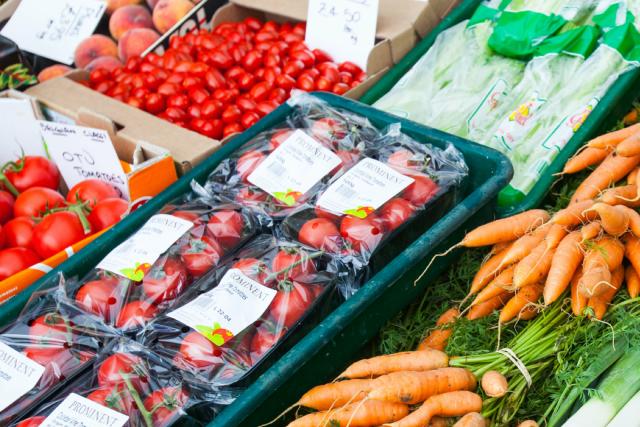
Get in contact
Cross-sector collaboration is the most effective way to bring about the type of environmental change that is needed.
Please contact business@wwf.org.uk if you would like to collaborate with the wider industry on any of the areas addressed in the WWF Basket.
